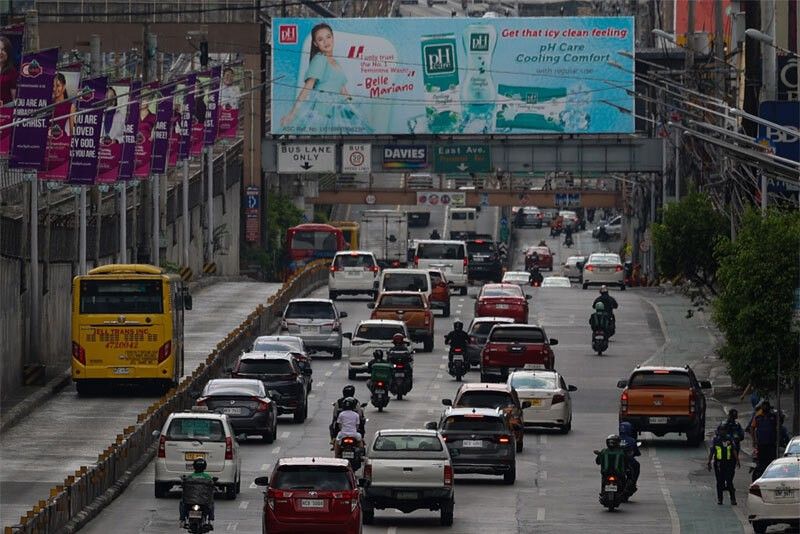World Bank suggests carbon tax as part of Philippines' decarbonization efforts

MANILA, Philippines — The World Bank has recommended that the Philippines adopt carbon pricing measures to accelerate its decarbonization efforts and transition to clean energy.
“Introducing carbon pricing, either through a carbon tax or an emissions trading system, could incentivize firms and individuals to adopt low-carbon technologies while raising revenues, which could be used to support the energy transition,” the World Bank said in its June 2023 Philippines Economic Update report.
Curbing greenhouse gas emissions through carbon pricing could also raise approximately $7 billion dollars in revenue by 2030, according to an earlier report by the International Monetary Fund (IMF)
Following through with this recommendation would also allow the country to keep up with other ASEAN countries such as Indonesia, Thailand, Malaysia, and Singapore on their carbon pricing initiatives.
Currently, there is no official legislative proposal for carbon pricing in the country and it is unlikely that there will be one within the year, as per the Department of Finance which is still studying its feasibility.
Former Finance Secretary Carlos Dominguez III proposed a fiscal consolidation and resource mobilization plan which included carbon tax measures. His successor, Benjamin Diokno, supports it.
In 2021, the Philippines revised its GHG emission reduction by 2030 to 75%, from 70% previously, under its commitment to the Paris Agreement on Climate Change. The World Bank said an urgent transition to clean energy can help the country meet that commitment.
“A clean energy transition would substantially increase the use of indigenous and renewable energy (RE) resources while reducing the country’s reliance on imported fossil fuels, thereby enhancing energy security,” it said.
A negative outlook
Still, reports in 2022 by Fitch Solutions Country Risk & Industry Research, show that while the country’s power sector will ramp up its decarbonization efforts, coal will still remain the primary energy source for a decade as it is still the cheapest source for country’s developing economy.
According to the World Bank report, the Philippine economy’s carbon footprint is projected to rapidly triple as the demand for energy—which the transport, industry, and agriculture sectors dominate—increases due to strong economic and population growth.
Fossil fuels as the primary energy supply also increased from 60% in 2010 to 67% in 2020 due to the sustained growth in coal and oil demand from the transport sector, the Bank’s report added.
“This trend highlights the fast-growing carbon footprint of energy production and consumption, which is the largest contributor to GHG [Greenhouse Gas] emissions in the Philippines, accounting for 59 percent of total GHG emissions in the country in 2019, up from 50 percent in 2010,” it said.
- Latest
























